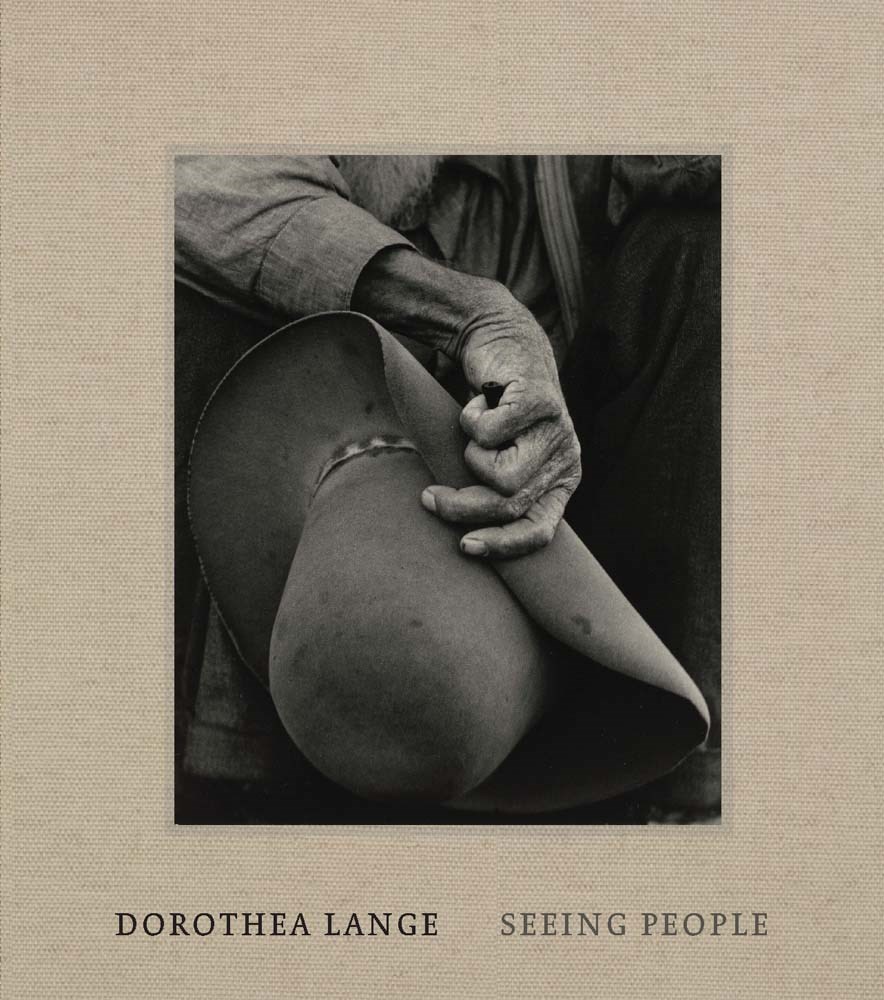2018 School Spending Survey Report
Dorothea Lange: Seeing People
COPY ISBN
VERDICT A focused look at Lange’s extraordinary, nearly 50-year career through the lens of her portraiture. Recommended for art and large libraries and local collections.
RELATED
ALREADY A SUBSCRIBER? LOG IN
We are currently offering this content for free. Sign up now to activate your personal profile, where you can save articles for future viewing




Comment Policy:
Comment should not be empty !!!